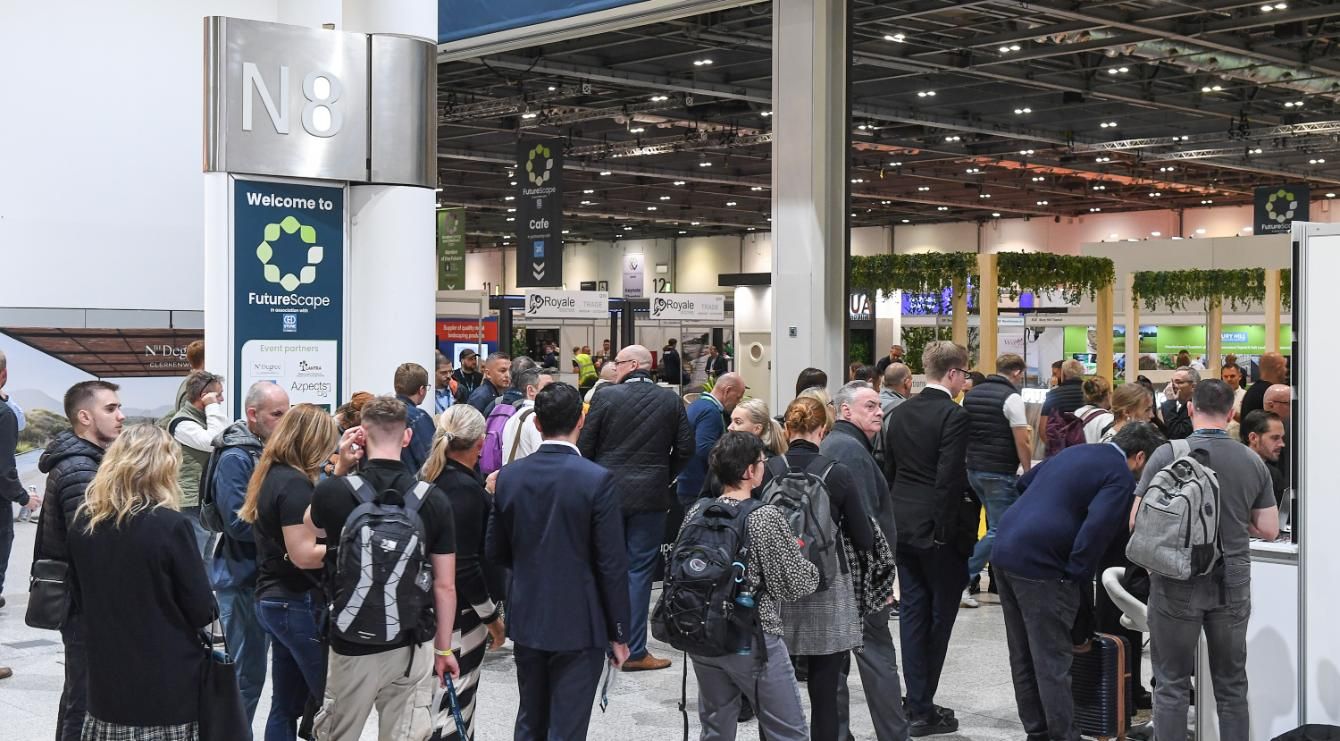Simpler Recycling in England: What Local Authorities and Businesses Need to Know (2025–2027)
)
Simpler Recycling is being phased in across England to standardise what’s collected for recycling and how it’s separated. The aim: reduce confusion, improve material quality, and increase recycling rates. Below is a concise, factual overview of what changes, who’s affected, and when—plus practical implications for councils and businesses.
What changes, and when?
Workplaces (10+ FTE) — from 31 March 2025
All workplaces in England with 10 or more full-time equivalent employees must separate their waste before collection into:
-
Dry recyclables: plastic, metal, glass, paper and card
-
Food waste
-
Residual (non-recyclable) waste
Micro-firms (<10 FTE) have a longer runway (see 2027 below).
Households — by 31 March 2026
Local authorities must collect the core recyclable streams from all households in England, including weekly food waste collections for most homes (subject to limited transitional arrangements). Councils retain some flexibility (e.g., co-collecting paper/card with other dry recyclables where appropriate).
Micro-firms and plastic film — by 31 March 2027
Micro-firms (<10 FTE) must comply with separate collections by 31 March 2027. By the same date, kerbside plastic film and carrier bag collections must be in place for households and relevant non-domestic premises.
Note: These dates apply to England. Other UK nations have separate arrangements. For context, the UK-wide Deposit Return Scheme (DRS) is targeted to start 1 October 2027.
Who is affected?-
Local authorities: Collection systems, contracts, depots, fleet, and communications will need aligning to consistent streams and weekly food waste. The policy intends to reduce contamination and improve yields.
-
Businesses and other non-domestic premises: Must provide separate containers for dry recyclables and food waste, brief staff, and ensure contractors collect separately. The 2025 duty applies at organisation level (based on FTE count), not by site headcount.
-
Micro-firms (<10 FTE): Same duties, but with a longer lead-time to 31 March 2027.
At a minimum, workplaces must always separate:
-
Dry recyclables: plastic, metal, glass, paper and card
-
Food waste
-
Residual (non-recyclable) waste
From March 2027, plastic film and carrier bags must be collected with plastics at kerbside for households (and relevant non-domestic premises).
Operational implications to plan for-
Container systems & internal logistics: Clear signage and containers for each stream; food waste caddies and liners where appropriate.
-
Contracts & collections: Ensure your waste contractor offers segregated collections; update service specs and contamination tolerances.
-
Processing & end-markets: Cleaner, consistent inputs should improve material quality and support UK reprocessing investment—especially as plastic film enters kerbside from 2027.
-
Communications & training: Staff and resident education will be essential to reduce contamination and embed new routines (notably weekly food waste for households).
-
Readiness and capacity: Some authorities will need new food-waste contracts and treatment capacity; market availability may vary regionally.
-
Cost recovery & transition: Businesses may face short-term costs for containers/space/staff time; medium-term savings depend on avoided general-waste tonnage and better recycling rebates.
-
Consistency vs. local flexibility: Policy aims for national consistency while allowing some co-collection; getting the balance right is key to performance.
Consistency should reduce resident confusion, increase participation, and deliver cleaner, higher-value materials. That, in turn, can improve reprocessing economics and support domestic recycling infrastructure—core enablers of a UK circular economy. The DRS in 2027 is designed to complement this by capturing high-quality drinks containers at scale.
Hear from the experts at The Recycling ExpoStrong opinions on this issue? You’re not alone.
Hear from expert speakers on our Industry Leadership Main Stage on implementation realities for councils and businesses; and stop by the expo stands of our expert suppliers to speak about collections, food-waste treatment, digital reporting, and material quality:
-
AMCS Group
-
APS UK Ltd
-
Buss ChemTech
-
Clearpoint Recycling Ltd
-
Get Waste Smart
-
GPT Waste Management Ltd
-
Kaizen Recycling
-
Middleton Engineering
-
Compact & Bale Ltd
-
Orwak Easi UK Ltd
-
Waste Equipment Supplies Ltd
-
Wasteer GmbH
-
Recolight
-
Sensorita
-
Superfy
There are 100's of exhibiting suppliers and 3 content-packed stages at The Recycling Expo 2025, claim your free ticket to find out more.
📅 7–8 October 2025 | ExCeL London
👉 Register free: recyclingexpo.co.uk



